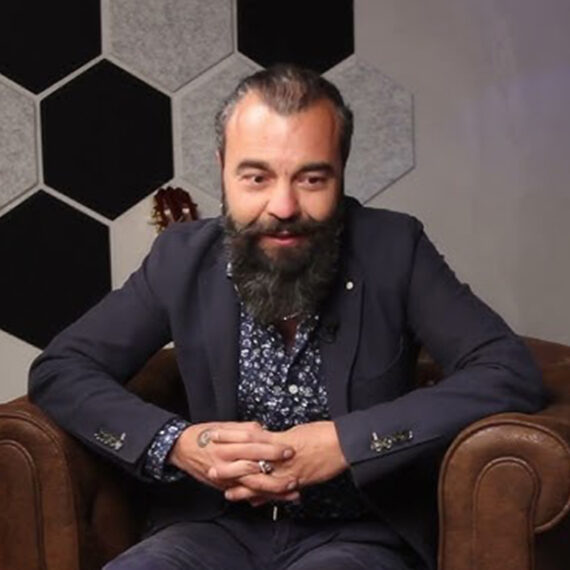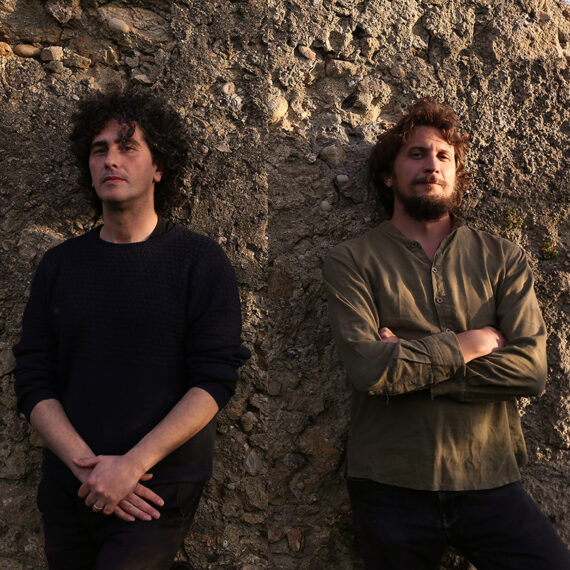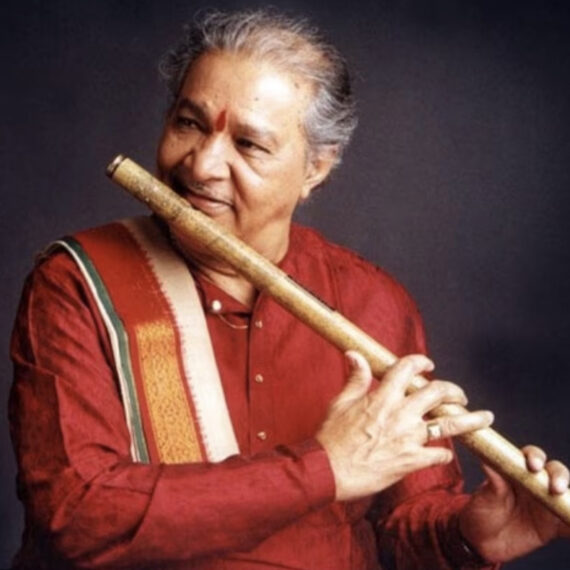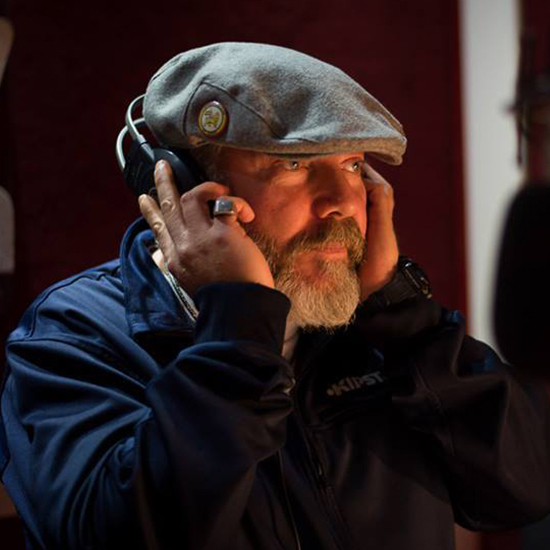Stockhausen & Mortazavi
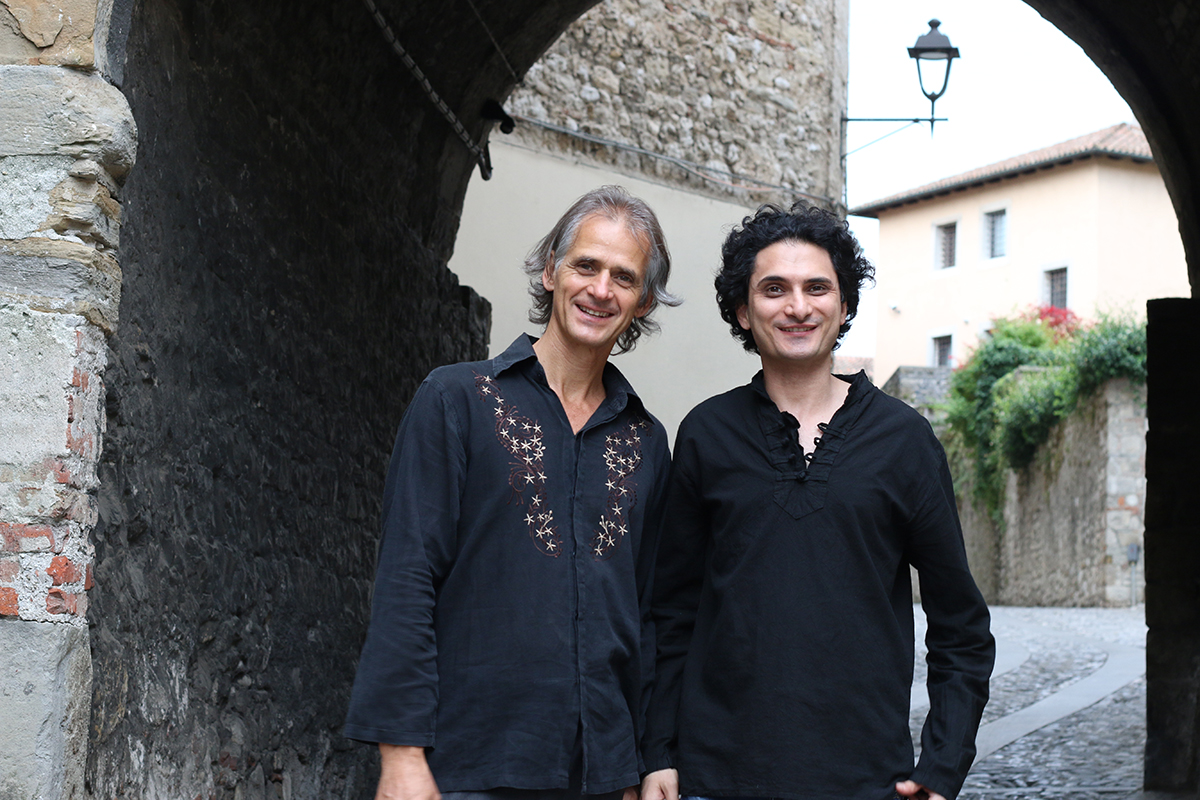
The condition of being a son of an artist, as is known, is often not enviable. Especially when paternal figures, as in the case of Markus Stockhausen, son of the renowned composer Karlheinz, have made a fundamental contribution to the history of their discipline. When, moreover, one intends to follow in the same footsteps as the father, things become even more complicated. Yet, Markus Stockhausen has managed to carve out his own path, not forgetting the experience of his illustrious parent.
“My father, Karlheinz Stockhausen, was probably the most influential teacher over the years. I worked closely with him for 25 years,” he says. “Right after high school, my father accepted me into his ensemble to perform his work Sirius in Washington, Venice, Paris, Osaka. Later, in 1981, I performed in his opera Donnerstag aus Licht at La Scala in Milan, and at the Royal Opera House Covent Garden in London, just to name a few important places. Since I was 17, I have performed throughout Germany with my first jazz quintet called Key, among many other projects, and I have also played classical music. I have never had a fixed job anywhere, but a rich career touring worldwide, as a jazz musician, classical soloist with orchestras, and as a member of my father’s ensemble.”
Freddie Hubbard, Miles Davis, Manfred Schoof, Palle Mikkelborg, Kenny Wheeler were the trumpet players admired by young Stockhausen, “but also the fantastic Indian flutist Hariprasad Chaurasia,” who introduced him to ethnic music and facilitated his encounter with Alireza Mortazavi, one of the most interesting and renowned composers in the Middle East, particularly specialized in the study of the santur, the Persian dulcimer, an instrument that is about 800 years old, played with two sticks that strike the metal strings.
“In 2013, it was an Iranian lady who lives in the same city as Markus that invited us to play together,” Mortazavi recounts. “Also, because, at that very moment, our paths coincided: we were both interested in improvisation, intuitive music. We did this concert without any rehearsal, and from there, a series of extraordinary things emerged.” Among these is the album “Hamdelaneh – Intimate Dialogues” (“with the same heart” in Persian), “a continuously dual dialogue, the son of two worlds that interpenetrate in the deepest possible way, in an experiment that confirms the existence of a ‘universal brotherhood’ that manages to overcome every political, religious, and ethnic barrier,” comments Stockhausen.
It is a journey between jazz and minimalism, between avant-garde and improvisation, between modernity and antiquity, between the trumpet and the santur, between West and East, an intimate dialogue between two musical and cultural worlds, but above all, between two hearts. This will unfold on June 19th at the Chiostro di Ponente of the former Benedictine Monastery as a prelude to the Marranzano World Fest 2022. Markus Stockhausen’s trumpet and flugelhorn will introduce the theme of brass, the guiding thread of the 13th edition of the event conceived and directed by the Catania-based musician and ethnomusicologist Luca Recupero with the MoMu Mondo di Musica Association, curated and produced by the Associazione Musicale Etnea, supported by the Ministry of Cultural Heritage and the Sicilian Region.
